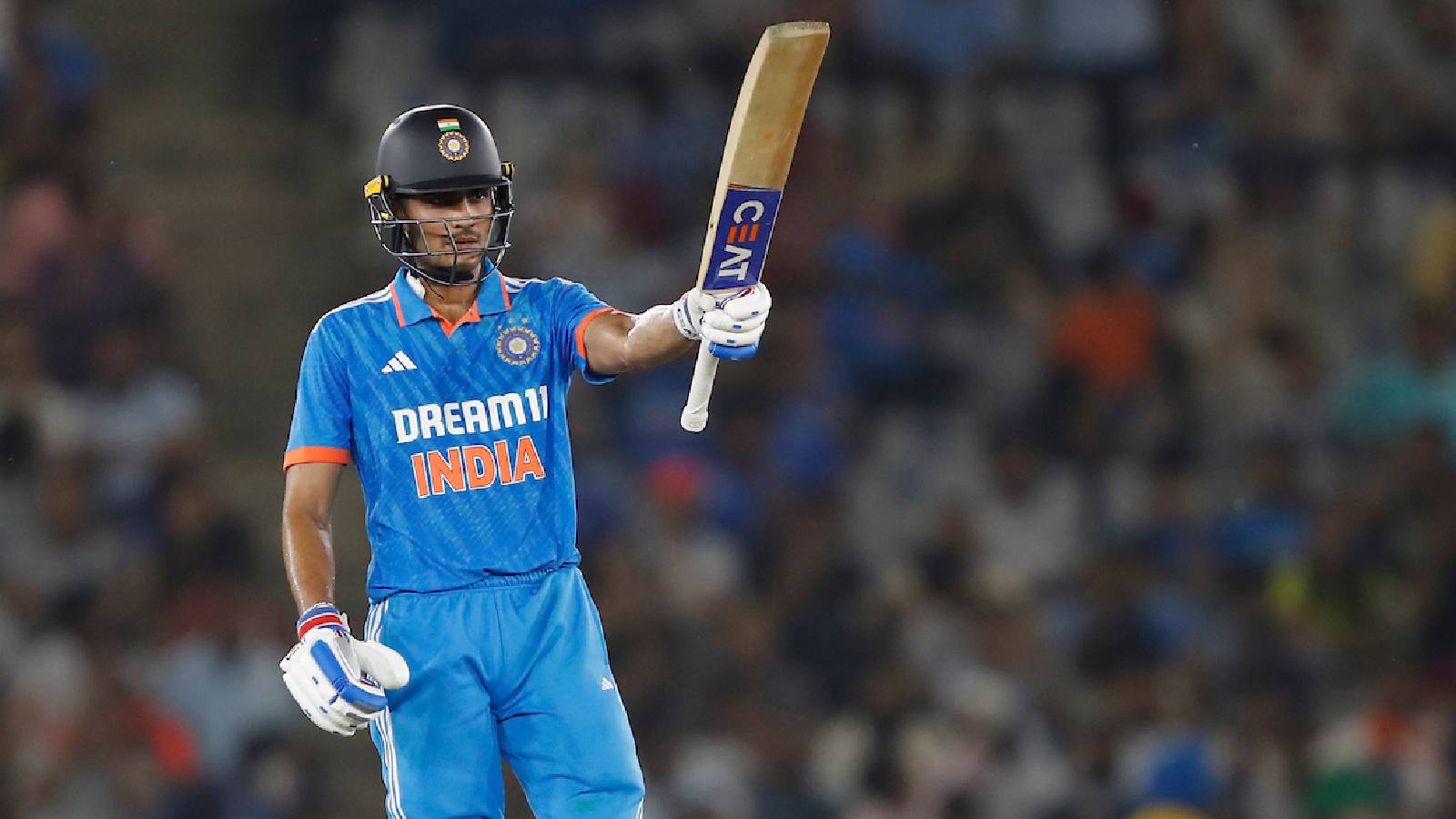 |
|
The appointment of Shubman Gill as vice-captain of the Indian cricket team for the upcoming Champions Trophy has sparked significant discussion and speculation within the cricketing world. Former Indian cricketer Suresh Raina's comments, suggesting Gill is being groomed for the captaincy, have fueled this speculation further. Raina's statement, made during an exclusive interaction at the Star Sports Press Room, highlights the immense potential and talent recognized within the young cricketer. This strategic move by the Indian cricket board isn't simply about filling a vacant position; it's a calculated investment in the future leadership of the Indian national team. The decision is indicative of a long-term plan to transition leadership smoothly and ensure continued success on the international stage. The weight of expectation is undeniably high, but Gill's consistent performance and impressive batting statistics demonstrate a readiness to accept the challenges ahead.
Gill's selection isn't arbitrary; it’s based on a solid foundation of cricketing prowess and leadership qualities. His consistent performance in the One Day Internationals (ODIs) has not only cemented his place in the team but has also showcased his capability to handle pressure situations and deliver under the spotlight. His batting prowess, coupled with a calm demeanor on the field, makes him an ideal candidate for a leadership role. The decision to appoint him as vice-captain is also a testament to the trust and confidence that the team management, specifically captain Rohit Sharma, has in his abilities. Sharma's endorsement is particularly significant, indicating a smooth succession plan is in place. This showcases a forward-thinking approach to team management, where the focus is not only on immediate results but also on cultivating future leaders within the team.
Beyond Gill's individual capabilities, his appointment reflects a larger trend within the Indian cricket team: a focus on nurturing young talent and bringing them into leadership positions. This strategy benefits the team in several ways. First, it ensures a seamless transition of leadership, avoiding any potential disruption or uncertainty. Secondly, it fosters a culture of mentorship and leadership development within the team, encouraging junior players to strive for excellence and aspire to leadership roles. Finally, it injects fresh energy and perspectives into the team's leadership structure, potentially leading to innovative strategies and approaches. This calculated strategy is not just about finding a replacement for the current captain; it's about building a sustainable system for leadership succession within the Indian cricket team for years to come. The long-term implications of this decision reach beyond the immediate outcome of the Champions Trophy, promising a new era of leadership in Indian cricket.
The implications of Gill's appointment extend beyond the immediate future of the Indian cricket team. It also sets a precedent for future leadership selections, emphasizing the importance of nurturing young talent and developing future leaders. This approach is a strategic move that focuses on long-term sustainability and success. The success of this transition will depend on various factors, including Gill's ability to adapt to the pressures of leadership, the support he receives from senior players, and the overall team dynamics. However, the early signs suggest that the decision is a well-calculated one, placing a skilled and promising young player in a crucial role for the future of Indian cricket. The selection of Gill represents a significant step towards ensuring the continued success and stability of the Indian national cricket team in the years to come. This move underscores a commitment to fostering a culture of excellence and leadership within the team's infrastructure.
The selection of Gill is not without its challenges. The immense pressure of leading a national team, especially given India's high expectations, is considerable. However, Gill's demonstrated skills and the support system he'll receive should help him navigate these challenges successfully. The appointment underscores a shift towards a more proactive approach to succession planning, thereby minimizing disruptions and ensuring a consistent flow of leadership within the team. This approach emphasizes not merely the selection of an individual but the creation of an environment that supports the development and growth of future leaders within the Indian cricket setup. The long-term benefits of this strategy will likely include increased team cohesion, improved performance, and a seamless transition of leadership, ensuring the continued success of Indian cricket on the global stage.
